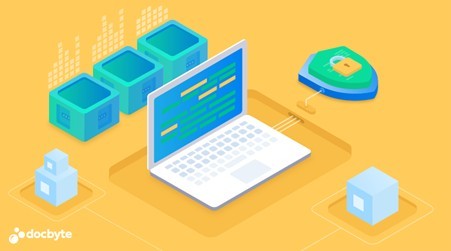views

According to Microsoft, DLP is a software solution that protects private data from loss, unwanted access, and disclosure. DLP uses various methods and guidelines to identify, track, and safeguard data, guaranteeing that it is safe, private, and complies with legal obligations.
You're mistaken if you believe DLP is a standard that can be adopted without modification! DLP must be tailored to your business needs; hence, you must use different approaches in different industries.
To prevent damage, the region that needs immediate attention must be identified and given priority. DLP is a defense system that is always looking for possible dangers that could jeopardize the data.
Since we now know the background of data loss prevention, let's talk about why it is essential for your company.
Data Breach Protection Alert: Data breaches are now frequently dangerous due to growing digitalization. Sensitive information theft or manipulation is a data breach and can result in severe financial loss, harm to one's reputation, or legal consequences. DLP tracks data movement and applies access restrictions.
Regulatory Compliance: Regarding data protection, digitalized records demand compliance inspections. These guidelines are unchangeable. Strict adherence to these requirements is necessary to prevent penalties and legal action.
Data Preservation: Upholding data integrity and ensuring it is immune to unauthorised additions or deletions is the most crucial component of DLP.
Preventing Insider Threats: Data from current employees represents the most significant threat. DLP keeps an eye out for suspicious or out-of-the-ordinary employee behaviour and strives to reduce any possible threats within the company.
Maintaining Trust: Data breaches jeopardise customers' trust in businesses because they anticipate properly handling their private information. DLP makes sure that everyone's trust is upheld by displaying a strong commitment to data security.
Preventing Data Loss in Appropriate Archiving
One discipline that is essential for managing and supervising legal and regulatory obligations is qualified archiving. QEA, long-term preservation, data loss prevention, and related strategies have become increasingly well-known with the advent of digitalization. This guarantees digital records' dependability, accessibility, and preservation.
Data management gains an advantage from QEA. The security and preservation of archived data are required by this function. DLP shows up as the best approach in these situations. Let's talk about a few benefits of DLP for appropriate preservation.
- Archive data can be provided by efficient archiving. Solutions for data loss prevention act as a barrier against data loss caused by human error or technical malfunction. This makes it crucial, particularly in cases where material that has been saved has some legal value and needs to be kept for legal reasons.
- QEA is based on compliant archiving, which adheres to regulations on the retention, accessibility, and preservation of data. By blocking any acts that could jeopardise data integrity, DLP makes that data is handled in accordance with the established standards.
- Ensuring the legitimacy of preserved documents and data is the primary objective of competent archiving and is a necessary prerequisite. DLP successfully prevents unauthorised alterations by supervising data flow and access controls.
- Long-term data preservation is the primary goal of qualified archiving in order to facilitate reuse. DLP techniques aid in this by establishing the rules required to guarantee that data is preserved and available for use over an extended period of time.




















Comments
0 comment